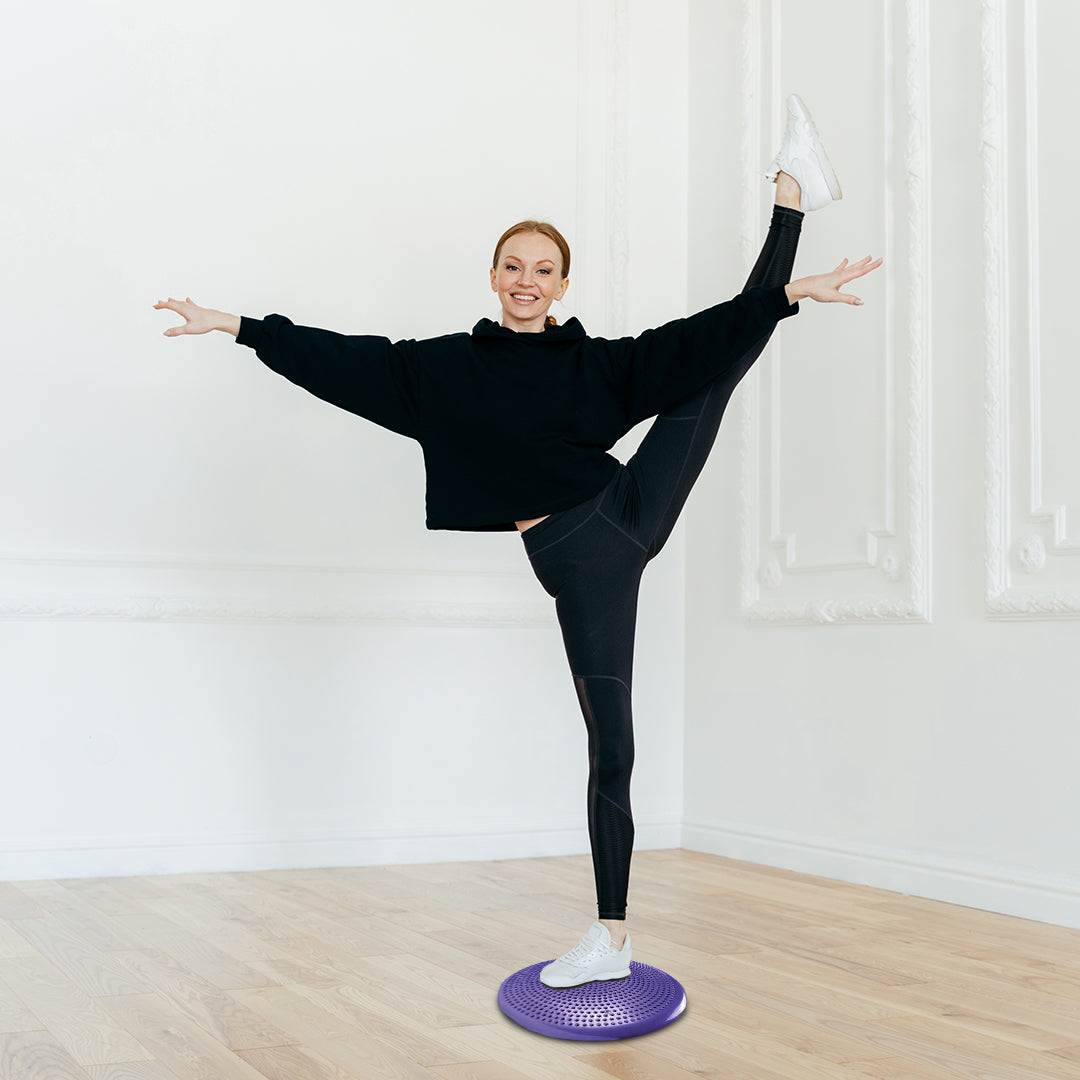Introduction
Bike Exercising is becoming more and more popular as a weekend hobby, form of transportation, and physical activity. Among the countless questions about cycling, one stands out: Does Exercise Bike Tone Your Bum? The fascinating relationship between cycling and bum toning will be explored in this blog, along with debunking myths, breaking down the biomechanics, and providing the truth about the pedal power.
Millions of people all around the world love cycling as a popular pastime. Cycling is not only a fantastic kind of exercise and a great method to get around, but it's also frequently recommended as a means to tone different body muscles. Many people have a particular interest in the buttocks, or "bum." We'll explore this topic in this blog post: Can riding tone your bum? We'll dispel the misconceptions, explain the underlying science, and give you a comprehensive grasp of how riding affects your gluteal muscles.

Understanding the Gluteal Muscles
As soon as you mount a bike and start to cycle, your gluteal muscles contract. The gluteus maximus, medius, and minimus are a formidable trio that control hip stability and movement. As you depress the pedals, these muscles tense up, extending your hips and propelling you ahead. Being involved at all times is the key to understanding how riding can assist tone your buttocks.
Typical Myths
Myth:
Riding a bike by yourself will tone your rear end nicely.
Reality:
Cycling works the gluteal muscles, but it's not the only way to tone your lower body. Gluteal muscle-specific strength training activities are an essential component of a well-rounded fitness regimen.
Myth:
Bike Exercising causes the gluteal muscles to develop or hypertrophy.
Reality:
Bike Exercising is more about endurance than it is about bulking up muscles. It might not result in noticeable muscular growth, even though it can somewhat aid in muscle toning.

The Science Behind Cycling and the Gluteal Muscles
Riding a bicycle requires you to pedal repeatedly, which works your gluteals and other muscles. However, several variables, including resistance, duration, and intensity, affect how much muscle is activated. This is how riding a bike makes your bum:
Endurance and Fat Burning:
Riding a bike is a fantastic way to burn calories and lose fat all over your body. Regular cycling sessions have the potential to decrease adipose tissue in the gluteal area, improving the definition of your muscles.
Muscle Endurance:
Cycling is a form of endurance training that progressively increases the endurance capacity of your gluteal muscles. Over time, this may result in increased endurance and muscular tone.
Power and Sprinting:
You can increase the activation of your gluteal muscles by including high-intensity interval training (HIIT) or uphill cycling into your exercise regimen. Exercises for cycling that focus on power, such as sprints, can help you build strength and power in your glutes.
Strength Training as a Supplement to Cycling
To achieve the best possible abs toning and strengthening, incorporate specific strength training exercises into your riding routine. The following exercises may be helpful:
- Squats: Squats are a fantastic gluteal muscle-strengthening workout. They strengthen the quadriceps, hamstrings, and glutes in addition to increasing overall lower body strength.
- Lunges: Lunges are an excellent exercise that can be performed to strengthen the gluteal muscles. They can be performed in various directions to target different gluteal regions.
- Glute Bridges: The purpose of this exercise is to isolate and activate the gluteal muscles. They help to increase the strength and muscle stability of the buttocks.
How to Get Toned Bum By Exercise Bike
Modify Your Intensity:
Include interval training in your routine when cycling. Running at high- and low-intensity intervals will help you work your glutes more effectively.
Concentrate on Form:
Pay attention to how you pedal. Instead of just pushing downward on the upward stroke, actively tense your glutes to boost the toning impact.
Include Hill Climbs:
Seek out hilly terrain or adjust the resistance on the stationary bike. Since climbing involves more glute activation, it's an excellent toning workout.
The Secret Is Consistency:
As with any activity, results come from time to time. At the very least, attempt to fit in three or four cycling sessions per week to see noticeable gains in muscle tone.
Conclusion
Bike Exercising is not a miracle cure for a toned bum, even though it can help to some extent with gluteal muscle toning. Cycling must be combined with particular strength training activities that target and push the gluteal muscles to produce noticeable benefits. Recall that reaching your intended fitness objectives requires a well-rounded workout regimen that includes a healthy diet. For optimal results, get on that bike, enjoy the ride, and add to it with a thorough fitness regimen!
In the world of fitness, bike exercising is unique because it's a multifunctional workout that tones your posterior and enhances your overall health. By studying the biomechanics of cycling and employing specialist techniques, you may maximize the toning effects on your glutes. Thus, whether you're riding a bike for a fun ride or using it as a two-wheeled mode of transportation to commute, realize that you're not just having fun—you're also getting in shape. Feel free to let your abs do the talking!





